#white coats for black lives

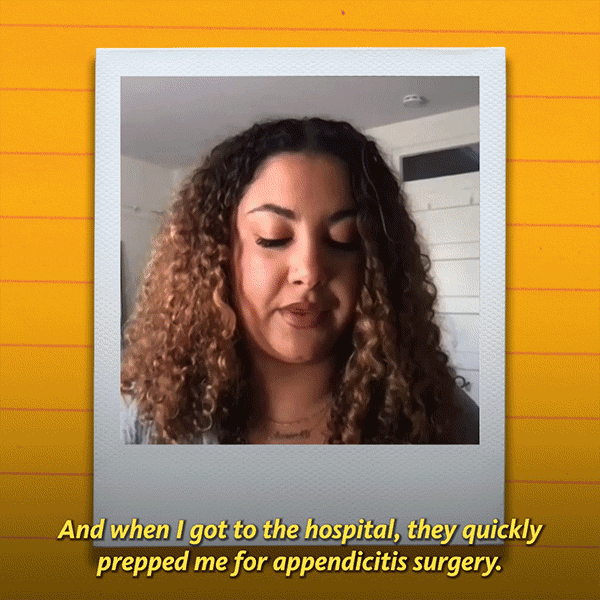

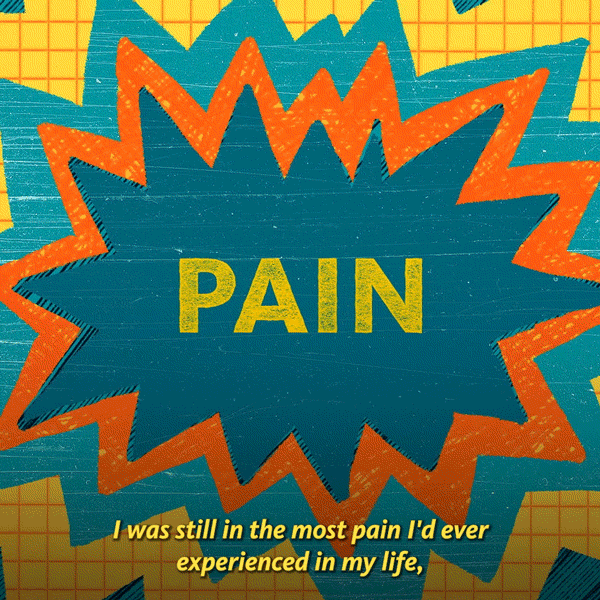


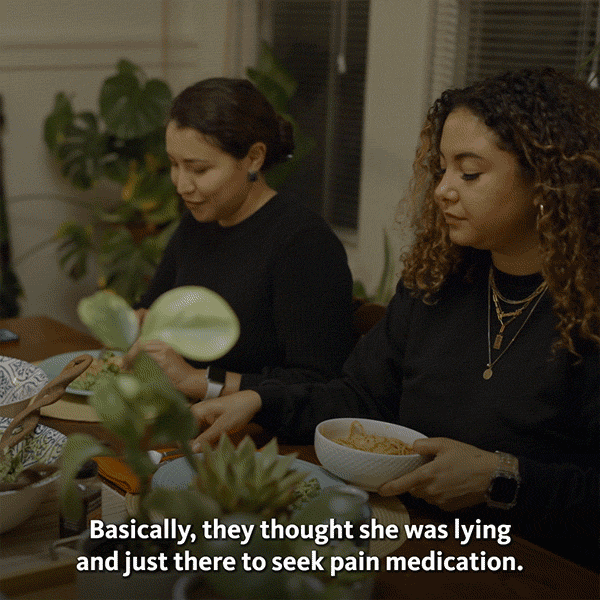

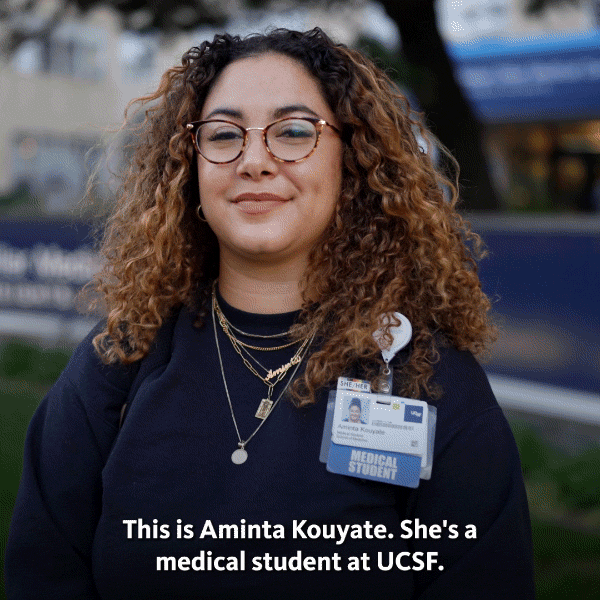
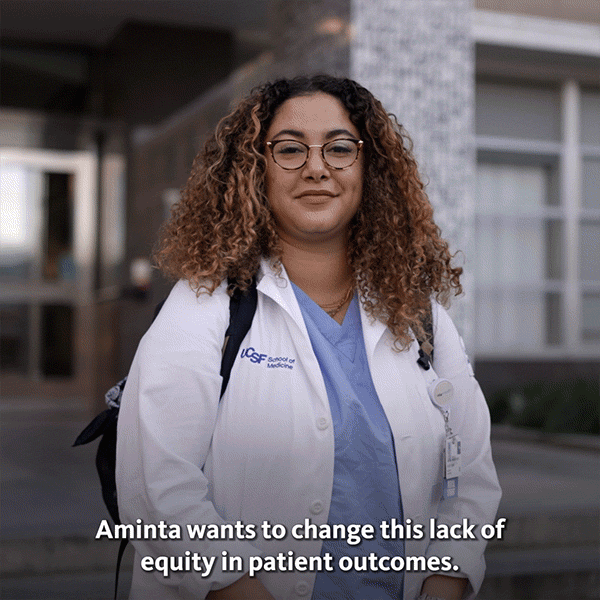
The bad hospital experience that led Aminta Kouyate to become a doctor.
Going to the hospital isn’t fun, it’s when people are typically at their most vulnerable.
And for many people of color, traumatic encounters with the health care system are a reason to avoid going to the doctor. But for UC medical student Aminta Kouyate, it sealed her decision to become a physician.
Aminta was an undergrad at UC Berkeley, tackling general chemistry and physics, when she woke up at 5 a.m. with debilitating abdominal pain. Doctors first suspected appendicitis — but when the imaging showed her appendix was fine, “the tone in the room changed immediately,” Kouyate said. She was left for five hours by an open exit door in a hallway in just a thin patient gown.
“I was told I could leave at any time because they were not going to give me what I was looking for,” she said. “They thought I was there to seek pain medication, that I did not actually have a medical emergency.”
Finally, a Black nurse noticed her sitting in the hall and made sure the doctors addressed her problem and gave her the care she needed. But the experience left its mark.
“Nobody should ever have to have to feel this way,” she said. “I thought to myself, ‘If I have anything to do with it, nobody’s ever going to treat another patient like this again.’”
